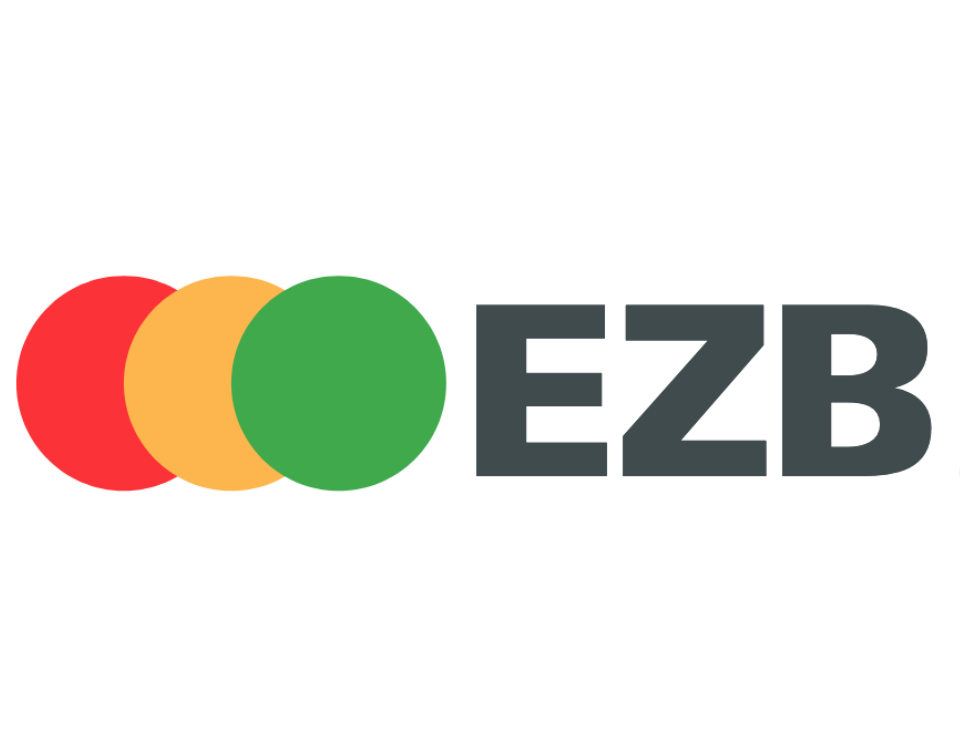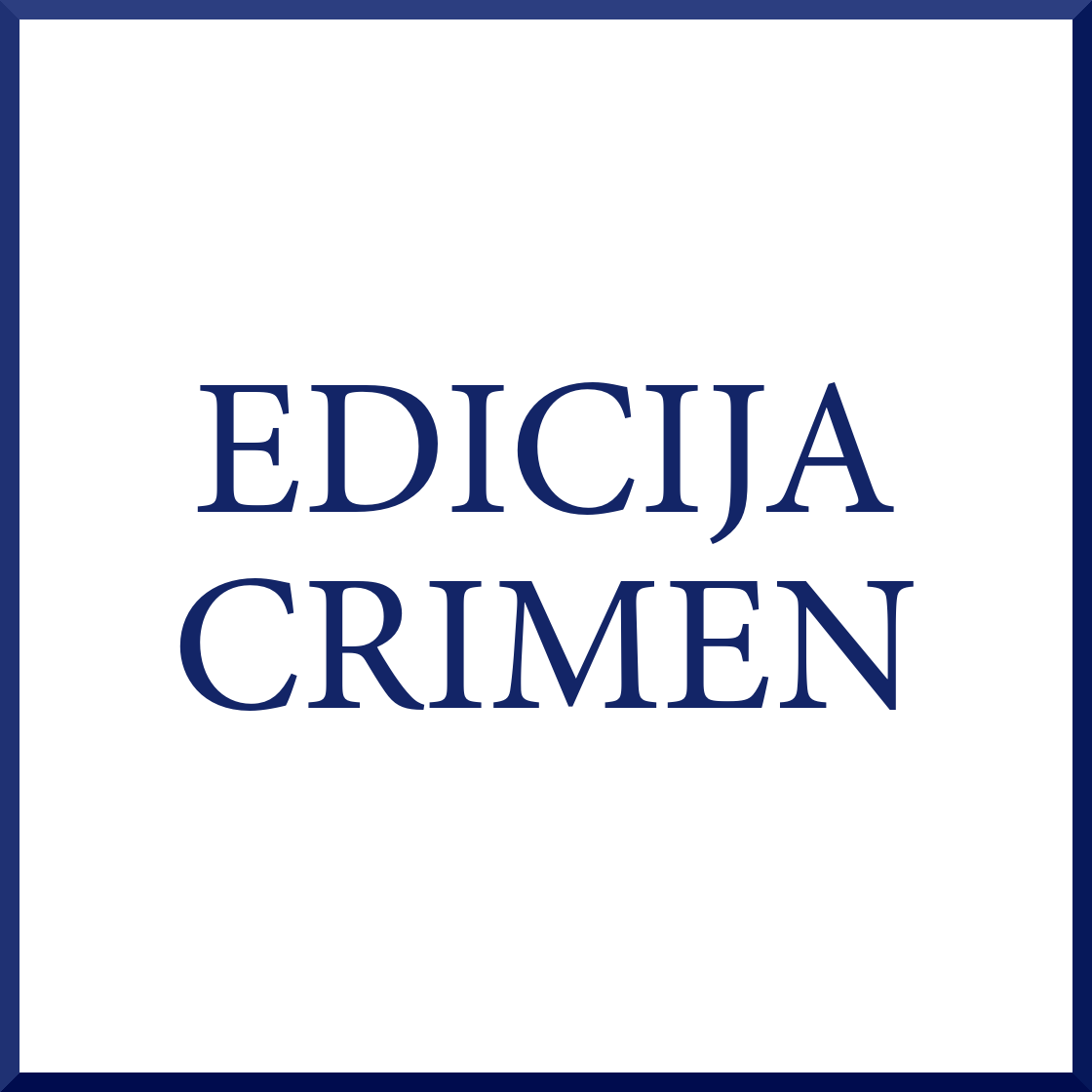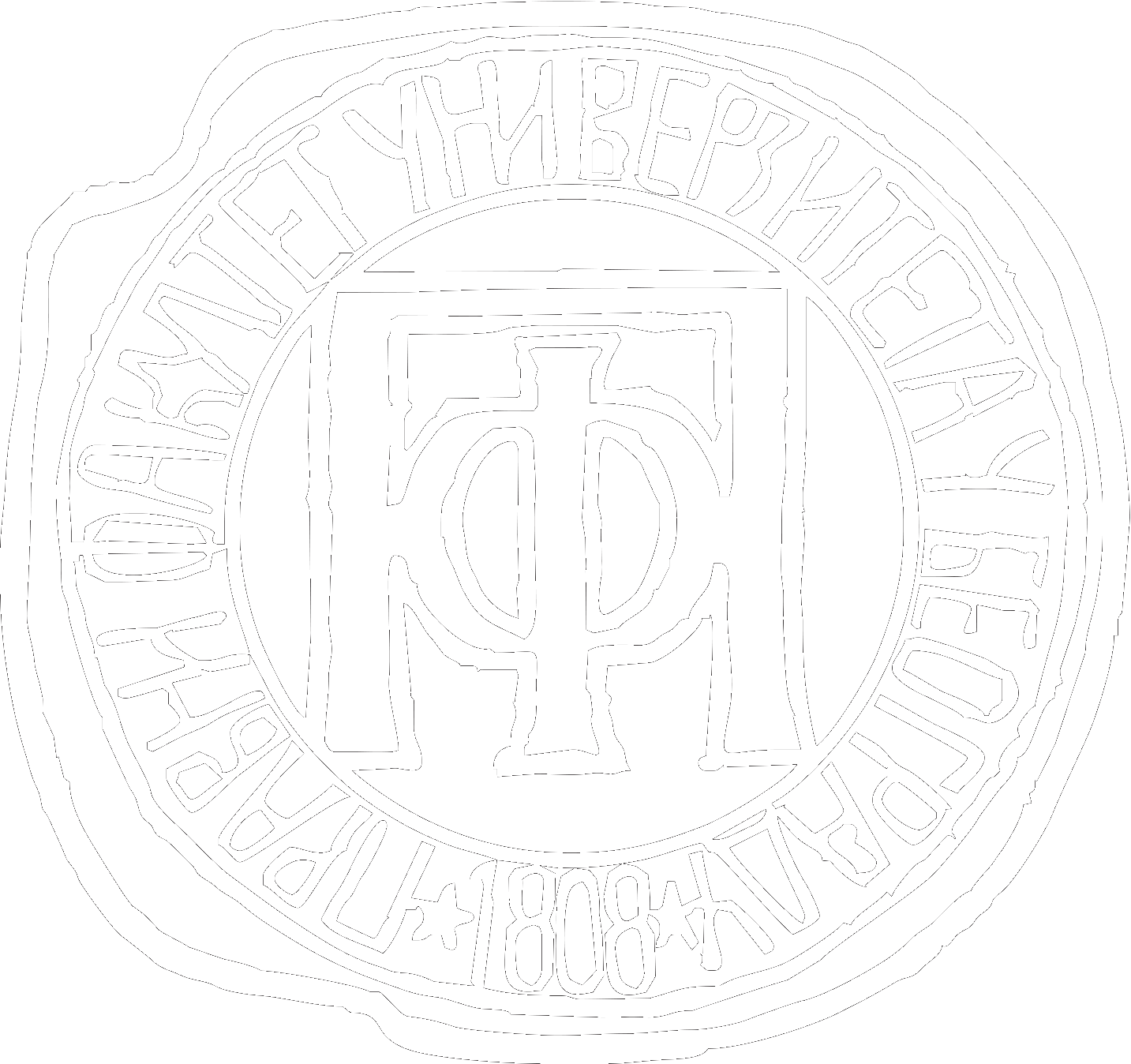Analysis of (un)official discourses on drug use in Serbia
DOI:
https://doi.org/10.5937/crimen2101003LKeywords:
discourse; drugs; moral panic; consensus; content analysisAbstract
In the article, we analyse discourse on drug abuse in contemporary Serbia. The ruling official discourse on drugs can be subsumed under the definition of moral panic, in creation of which, as well in dissemination, the media play an important role. Media uses specific vocabulary to send message warning of an impending social catastrophe. This tactic is effective: recipients of media content become anxious and frightened by the downfall of the society that awaits them in the near future. So logically they are converting into supporters of official discourses on the topic. In the end, this process has the power to briefly connect a shredded tissue of social cohesion, but also to produce a lack of freedom of citizens. In order to investigate whether drug-related moral panics in our country can have such implications, in this paper we analyzed the official discourse embodied in anti-drug policies, and the public discourse offered by media. Findings suggest that policymakers are calling on war against drugs, and name prevention and criminalization as the most successful strategies to fight it. The recipients of media content are agreeing with them. Furthermore, there is no doubt that such o discourse encourages the spread of moral panic about drugs, as well as social cohesion. Although abstractly defined, the enemy - drug, has the power to unite. However, it also causes a lack of freedom. Because of the narrative of the impending catastrophe, the citizens feel powerless and therefore demand from the higher state authorities to act in the name of the social future.
Downloads
References
Alexander, B. A. 1990. Peaceful Measures: Canada’s Way Out of the "War on Drugs". Toronto, Buffalo, London.
Bennett, C. 2018. "Drugs, Moral Panics and the Dispositive." Journal of Sociology, no. 4. https://doi.org/10.1177/1440783317727877
Buchanan, J., and L. Young. 2000. "The War on Drugs – A War on Drug Users." Drugs: Education, Prevention Policy, no. 4. https://doi.org/10.1080/713660130
Coyne, J. C., and R. A. Hall. 2017. "Four Decades and Counting: The Continued Failure of the War on Drugs." Cato Institute. Published April 12, 2017. Accessed February 10, 2020. https://www.cato.org/publications/policy-analysis/four-decades-counting-continued-failure-war-drugs.
Ćitić Popović, B., and L. Bukvić. 2014. "Obaveštenost učenika osnovnih škola o različitim aspektima upotrebe droga: implikacije za planiranje edukativnih preventivnih programa." Specijalna edukacija i rehabilitacija, no. 2.
Dragišić Labaš, S. 2012. "Upotreba alkohola u populaciji adolescenata i mladih odraslih." Sociološki pregled, no. 1.
Dragišić Labaš, S. 2017. "Nova kultura upotrebe alkohola – binge drinking – konzumacija umesto komunikacije." Kultura, no. 157.
Dragišić Labaš, S. 2019. "O važnosti društvenog i porodičnog konteksta u razumevanju nastanka i razvoja psihičkih poremećaja." Sociološki pregled, no. 1.
Goode, E., and N. Ben-Yehuda. 2009. Moral Panics: The Social Construction of Deviance. Wiley-Blackwell. https://doi.org/10.1002/9781444307924
Hawdon, E. J. 2001. "The Role of Presidential Rhetoric in the Creation of a Moral Panic: Reagan, Bush, and the War on Drugs." Deviant Behavior: An Interdisciplinary Journal, no. 22. https://doi.org/10.1080/01639620152472813
Ignjatović, Đ. 2017. "Kazneni populizam." In Kaznena reakcija u Srbiji, edited by Đ. Ignjatović, 11–33. Beograd.
Ignjatović, Đ. 2019. Kriminologija (15th ed.). Beograd.
Ilijić, Lj. 2008. "Prevencija zloupotrebe psihoaktivnih supstanci u osnovnim školama." Zbornik Instituta za kriminološka i sociološka istraživanja, no. 1–2.
Kecmanović, D. 1978. Između normalnog i patološkog. Sarajevo.
Lakić, I. 2014. "Analiza pisanog diskursa." In Analiza diskursa: teorije i metode, edited by S. Perović, 57–77. Podgorica.
Levy, J. 2017. The War on People Who Use Drugs: The Harms of Sweden’s Aim for a Drug-Free Society. Routledge. https://doi.org/10.4324/9781315165431
Linnemann, T. 2012. "Governing Through Meth: Local Politics, Drug Control and the Drift Toward Securitization." Crime, Media, Culture, no. 0(0). https://doi.org/10.1177/1741659012454125
Ljubičić, M. 2014. "Viktimizacija i siromaštvo – o žrtvama i žrtvovanima u Srbiji." Sociološki pregled, no. 4.
Ljubičić, M. 2015. O neuračunljivosti: Sociološka studija. Beograd.
Manić, Ž. 2017. Analiza sadržaja u sociologiji. Beograd.
Marić, M. 2012. "Učestalost upotrebe psihoaktivnih sredstava u adolescentskom uzrastu." Sociološki pregled, no. 1.
Mackey-Kallis, S., and D. Hahn. 1994. "Who’s to Blame for America’s Drug Problem?: The Search for Scapegoats in the 'War on Drugs'." Communication Quarterly, no. 1. https://doi.org/10.1080/01463379409369911
Nastasić, P. 2005. "Prevencija bolesti zavisnosti." Psihijatrija danas, no. 1.
Peterson, C. J., A. Gubrium, and A. Fiddian-Green. 2018. "Meth Mouth, White Trash, and the Pseudo-Racialization of Methamphetamine Use in the U.S." Health Communication, no. 10. https://doi.org/10.1080/10410236.2018.1471333
Perović, M., and A. Ćuković. 2015. "Rizično društvo." Akademska reč, no. 3.
Rose, N. 1999. Powers of Freedom: Reframing Political Thought. Cambridge University Press. https://doi.org/10.1017/CBO9780511488856
Stojanović, Z. 2020. "Kazneni rasponi i represivnost krivičnog zakonodavstva – uporedno-pravna analiza." Crimen, no. 1.
Weaver, O. 1993. Securitization and Desecuritization. Copenhagen.

Downloads
Published
How to Cite
Issue
Section
License
Copyright (c) 2021 Milana Ljubičić

This work is licensed under a Creative Commons Attribution 4.0 International License.
The authors retain copyright and grant the journal the right of first publication, allowing others to share the work with proper attribution to the authors and acknowledgment of its original publication in this journal.










